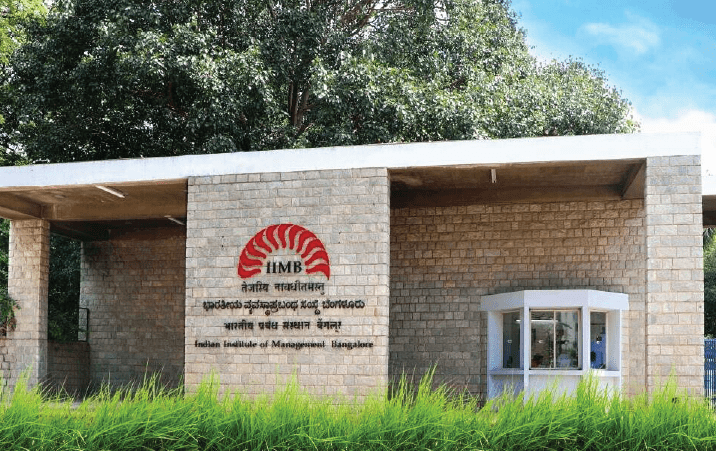The Indian Institute of Management (IIM) in Ahmedabad and the Indian School of Business (ISB) in Hyderabad have been ranked among the world’s top 100 by The Economist magazine for the second year in a row. The two institutes, however, have fallen several places on this table.
In The Economist’s MBA Rankings 2022, IIM-Ahmedabad has slipped 48 places to the 99th rank and ISB has dropped by 31 notches to the 75th position. In 2019, IIM-Ahmedabad was the only participating institute from India and it was ranked at 75th position.
Professor Ramabhadran Thirumalai, deputy dean – academic programmes at ISB, told indianexpress.com that the drastic drop in the institute’s performance is because of the participation of the US business schools this year.
“Many top-ranking B-schools including Harvard, Wharton, Kellog, and Stanford did not participate last year. This year, not only did they participate but they clinched the top positions and consequently, most institutes have been pushed down, including ISB. The average salary growth of our students in the last three years has been continuously going up. So, the fact is that the market is validating our academic programmes and graduates,” Thirumalai said. Despite the fall, ISB is the top-ranked institute in India and has been ranked fifth in Asia.
Year-wise performance of Indian institutes in The Economist‘s MBA rankings
Institute’s name 2019 2021 2022
IIM-Ahmedabad 75 51 99
Indian School of Business (ISB) — 44 75
Almost two-thirds of the top 50 positions in this year’s ranking are occupied by American business schools. Last year, many of them refused to participate in the rankings over issues with the ranking methodology used by The Economist.
This year, the full-time MBA programme at Harvard Business School is in the first place, followed by the Kellogg School of Management at Northwestern University and the Wharton School at the University of Pennsylvania in second and third place, respectively.
Curiously, both IIM-Ahmedabad and ISB have not been ranked on multiple parameters. For instance, last year, the institutes were ranked on personality development and professional experience (Grade C for both institutes in 2021), faculty-student ratio (Grade E for both institutes in 2021), and student-faculty diversity (ISB – D grade, IIMA – E grade in 2021). However, this year the ranking table doesn’t give them a grade against these parameters this time.
The Economist gathers its data according to the following breakdown: School data (80 per cent) and student survey (20 per cent). School data consists of things like average GMAT scores and salaries of the alumni. As per the official website, “The statistical methodology adopted for the ranking gives each business school a unique score (known to statisticians as a z-score). Unlike some other rankings, we do not include any ‘equal’ schools. For this reason, individual school profiles now include a banding (A-E), so that schools with similar overall scores are grouped together.”
“As academics, we do not fully understand the parameters used and what they mean. It is likely that the school has not featured in the top 100 in a particular parameter where a grade has not been awarded this year,” ISB’s Thurimalai said.
On parameters such as “student/alumnus rating of programme content” and “potential to network”, ISB’s grade has worsened. Professor Thirumalai said that the institute is still analysing the data that came in over 24 hours ago. “We will speak to the alumni and students about these parameters to improve wherever possible,” he added.
Courtesy : The Indian Express








